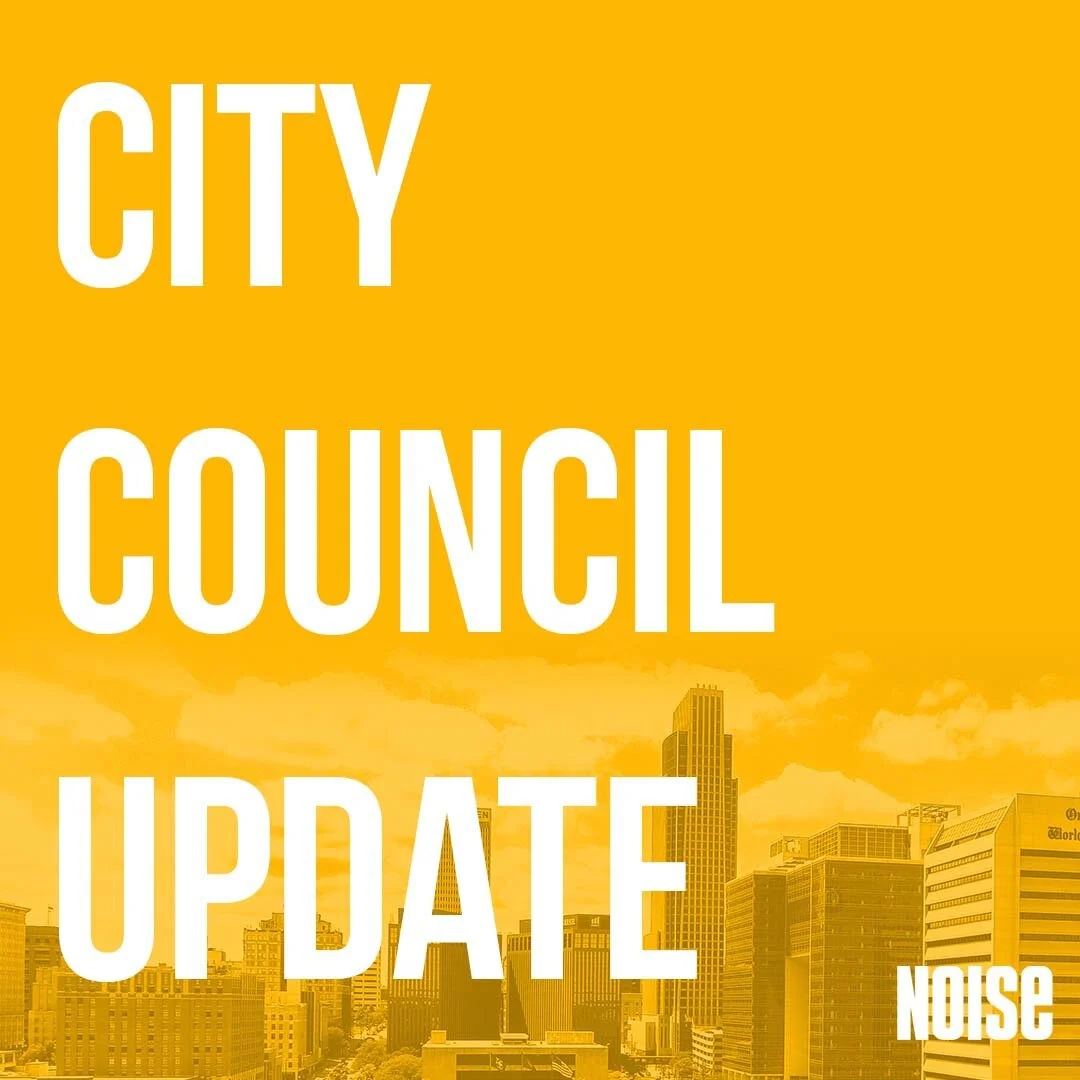Is Social Media Affecting Your Mental Health?
By Payton Hogan
PAYTON HOGAN, M.S., IS A LICENSED MENTAL HEALTH THERAPIST AND CONSULTANT RAISED IN NORTH OMAHA.
Recently, 100 Black Men of Omaha invited me to be on a panel of speakers. We were tasked with answering questions from a room of about 20 young black men aged 12-18 on the impact of social media on mental health.
One particular comment that stuck out to me came from a young man who was an aspiring college basketball player. He stated, “Life gets hard sometimes. It feels like I don’t fit in anywhere. At basketball, none of my teammates like me and try to make me feel like an outsider. But it doesn’t stop there. Even when I’m on social media I still get picked on. It’s like I can’t ever catch a break. It feels like I don’t matter to anyone and I feel pretty alone.”
“It feels like I don’t fit in anywhere. ”
Another student went on to talk about how if a certain picture or quote he posts doesn’t get a lot of “likes” or “comments” he’d delete it immediately because it meant nobody cared about what he had to say.
These two students' comments shine some light and bring a little more insight to the impact on the mental health of individuals who navigate social media today. As we continue to intertwine our everyday lives with our social media lives, the fine line that was once clearly visible becomes more and more blurred. Who we are online and offline is becoming harder to distinguish. This is leading to what many believe to be a potential public health crisis.
The Pew Research Center reports that 18-29 year olds make up the majority of social media platform users.
According to a scholarly article published in the American Journal for Public Health, there is increasing evidence that the internet and social media can influence suicide-related behavior for a number of reasons: increased accessibility to information on modes of completing suicide, and the transition from in-person bullying to cyberbullying and cyber harassment.
In 2020, the CDC found death by suicide to be the second leading cause of death among individuals between the ages of 10 - 14 and 25 - 34. The National Institute of Mental Health reports that the rates of suicide attempts and deaths by suicide have increased 35.2% from the year 2000 to 2018. These same years were pivotal in the development of social media and integration of it into our everyday lives. Suicide rates declined in 2019 - 2020.
Now I need to make this clear. I am not saying that social media is an inherently bad thing. Rather, understanding how to navigate social media in a healthy way is key to a safe and positive experience while engaging on a multitude of platforms. Here are five rules to a healthy and positive social media experience.
1. Set time limits to your social media use.
The line becomes between our offline and online lives can become blurred or even seem non-existent. With the development of the smartphone, social apps are just a click away. Learning to not mindlessly engage on social apps at all times of the day is key in keeping a healthy balance. Many phones now have analytics to show the amount of time certain apps on the phone are used. Limiting yourself to one or two hours per day can help improve mental health dramatically.
2. Engage in meaningful interactions
in-person with others daily.
With the increase in accessibility to others through the Internet and social media, a decrease of in-person social interactions is commonplace. For humans, social interaction with like-minded individuals is something we need on our most basic instinctual level. If you are someone who struggles with finding others who relate to you in “the real world,” utilize social media apps to find groups of people with similar likes and interests, and go meet them!
3. understand that what you see on social media is only half the story.
What the majority of people portray on their social platforms is not what they are really experiencing or living, rather it’s what they want you to see. Another phenomenon of living life online is the emergence of social media influencers. These folks show depictions of their lives that the typical social media user will probably never attain. From physical physique, to exotic trips to financial and relationship status, these influencers portray unreachable standards. Remember that what the influencer is posting is most likely not 100% true. The solution is simple. Don’t compare yourself to an influencer. Be real and be proud of who you are.
4. Don’t ignore cyberbullying.
It’s easier to ignore others being harassed or bullied on social media because the victim will never see our silent compliance with the bully. Speak out against cyberbullying. It helps to create positive interactions with others on platforms and can be a component in decreasing the likelihood of suicide attempts as a result of negative social media interactions.
5. Talk to a professional
If you feel negatively impacted from your social media experience, or if your presence on social media is no longer benefiting you in a positive way, or you notice excessive use that is interfering with other obligations, reach out to a therapist, especially if you are experiencing suicidal ideation. An easy way to find a quality therapist in your area or on Zoom is through psychologytoday.com. It’s not a bad thing to talk with a therapist. Sometimes it’s just necessary.
If you or someone you know is struggling with adverse effects from social media and are developing suicidal ideation call the Suicide Prevention Lifeline at 800-273-8255 or visit their website.
Learning to navigate social media in a healthy way is key. The future of your mental health depends on practicing healthy habits now.











